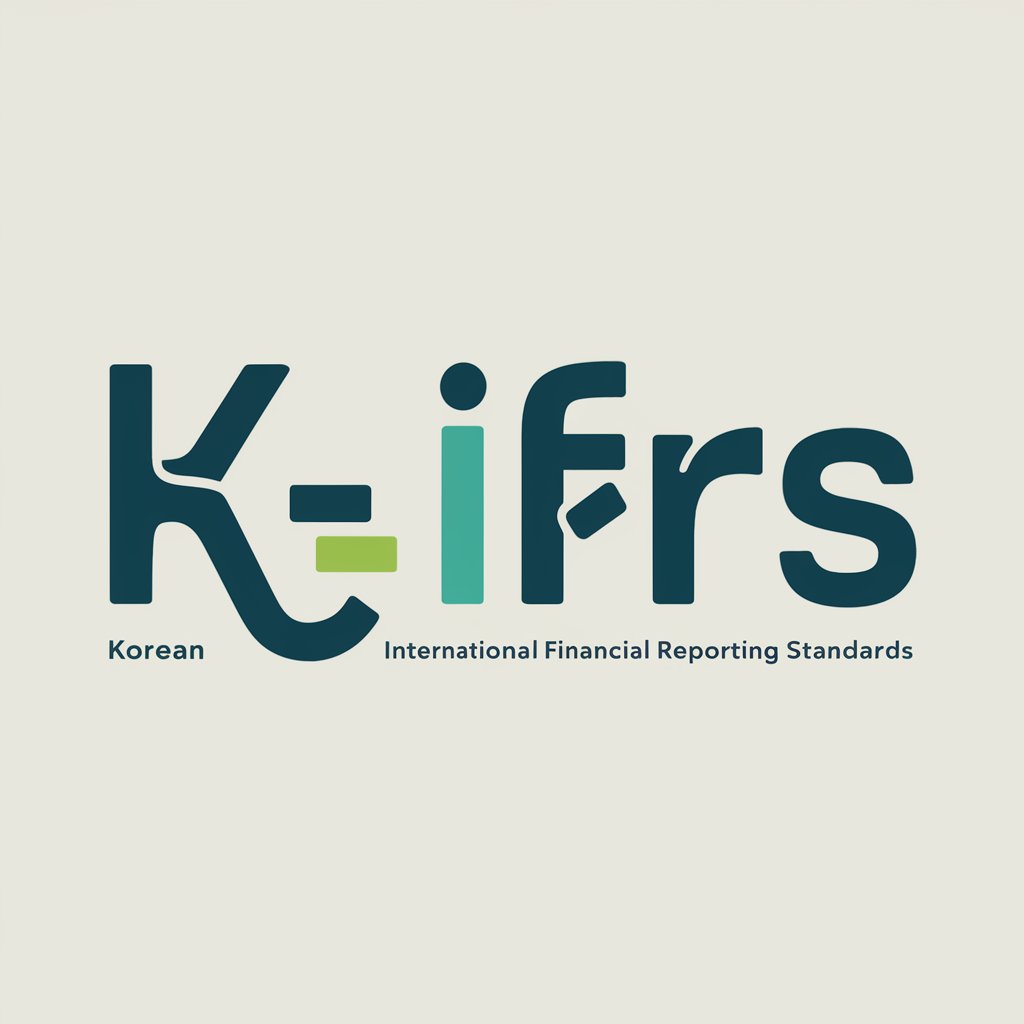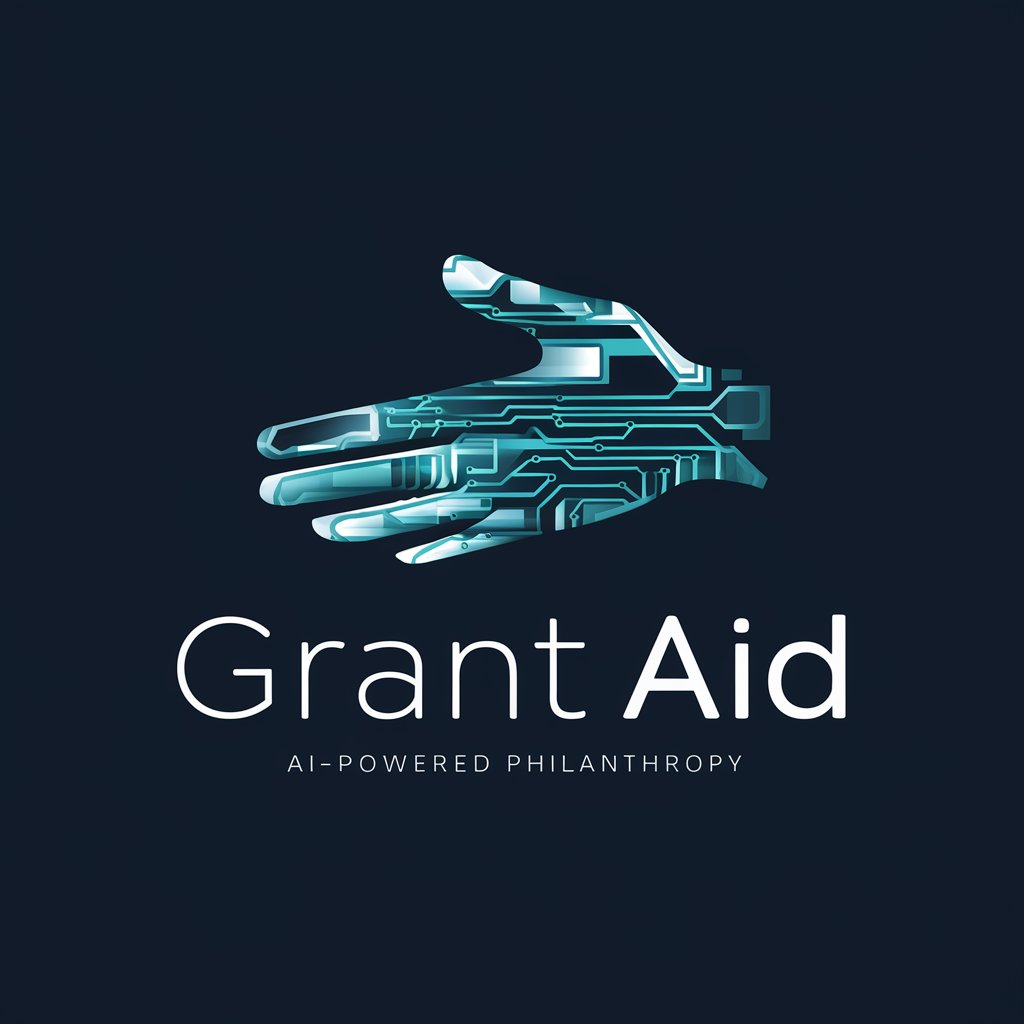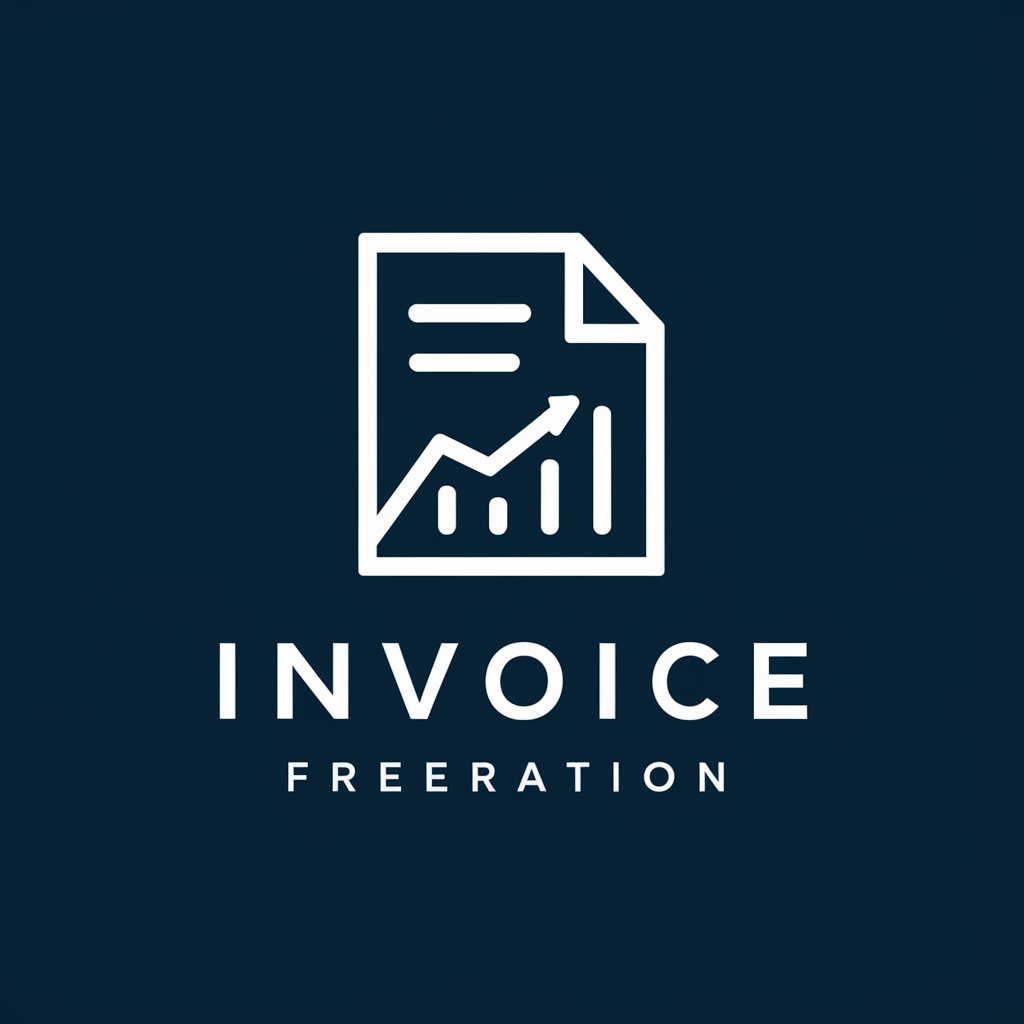K-IFRS - K-IFRS Guidance and Insights

Hello! I'm K-IFRS, here to simplify Korean International Financial Reporting Standards for you.
Empowering Financial Reporting with AI
Can you explain the key differences between K-IFRS and IFRS?
How does K-IFRS treat revenue recognition?
What are the main similarities between K-IFRS and US GAAP?
Can you provide a case study on lease accounting under K-IFRS?
Get Embed Code
Overview of K-IFRS
Korean International Financial Reporting Standards (K-IFRS) are a set of accounting standards adopted by South Korea, aimed at enhancing the transparency, comparability, and reliability of financial reporting across Korean entities. These standards are closely aligned with the International Financial Reporting Standards (IFRS) issued by the International Accounting Standards Board (IASB), reflecting global financial reporting practices. K-IFRS covers a wide range of financial reporting areas, including but not limited to, financial statement presentation, revenue recognition, financial instruments, leases, and consolidation. For instance, under K-IFRS, a company engaging in leasing activities would follow specific guidelines for recognizing lease assets and liabilities on its balance sheet, a practice that mirrors IFRS but is tailored to the Korean economic context. This incorporation of international standards with local nuances ensures that financial statements prepared under K-IFRS are both globally comparable and locally relevant. Powered by ChatGPT-4o。

Functions and Use Cases of K-IFRS
Standardization of Financial Reporting
Example
A multinational corporation operating in South Korea and other countries adopts K-IFRS to standardize its financial reporting. This ensures that stakeholders, such as investors and creditors, can easily compare its financial statements across different jurisdictions.
Scenario
This standardization is particularly useful during the consolidation process of financial statements where the parent company needs to combine its financials with those of its subsidiaries operating in various countries.
Enhancement of Financial Transparency
Example
A Korean company seeking to attract foreign investment adopts K-IFRS for its financial reporting. The adoption of these standards enhances the transparency of its financial statements, making it easier for potential investors to assess the company's financial health.
Scenario
This scenario is common among companies listed on the Korea Exchange (KRX) that aim to increase their attractiveness to both domestic and international investors by providing a clear and accurate representation of their financial position.
Compliance and Regulatory Reporting
Example
Financial institutions in South Korea are required to prepare their financial statements according to K-IFRS. This compliance enables regulatory bodies to efficiently evaluate the financial stability and risk management practices of these institutions.
Scenario
An example scenario involves a Korean bank reporting its financial instruments and risk exposures under K-IFRS 9, ensuring that regulators can monitor its compliance with capital adequacy requirements.
Target User Groups for K-IFRS Services
Multinational Corporations
Companies with operations both in and outside of South Korea benefit from using K-IFRS by achieving consistency in financial reporting across different jurisdictions, facilitating easier consolidation, and improving stakeholder communication.
Investors and Analysts
Investors and financial analysts focusing on the Korean market or Korean companies benefit from K-IFRS as it provides a standardized framework for evaluating financial health and performance, making investment decisions more informed and comparative analysis more straightforward.
Educational Institutions and Students
Academic institutions and students studying accounting or finance benefit from learning about K-IFRS, as it prepares them for careers in international accounting and finance by providing an understanding of global and local financial reporting standards.

How to Use K-IFRS
Start Your Journey
Begin by exploring K-IFRS without any commitment; visit yeschat.ai to access a free trial, no login or ChatGPT Plus required.
Understand the Basics
Familiarize yourself with the fundamentals of Korean International Financial Reporting Standards (K-IFRS) to grasp how they compare to IFRS and US GAAP.
Identify Your Needs
Determine your specific requirements or the financial reporting challenges you're facing that K-IFRS can help address.
Engage with Content
Utilize the tool to explore various K-IFRS standards, interpretations, and amendments. Use the search function to find specific topics or standards.
Apply Knowledge
Implement the insights and knowledge gained from K-IFRS in your financial reporting, academic writing, or professional practice for accurate compliance and reporting.
Try other advanced and practical GPTs
Language Buddy
Empowering your learning journey with AI.

AI C++ Programming Expert
Empowering C++ development with AI precision.

Grant Aid
Empowering nonprofits with AI-driven grant solutions.

Career Launchpad
Empowering Your Career Journey with AI

ArtWrite Studio
Craft compelling comics with AI

A1111 PromptCrafter
Craft Perfect Prompts, Power Your Creativity

Stellar GPT Prompter
Elevate Your Prompts with AI Precision

Right Hand Advisor
Empowering Your Success with AI

Elite Code Architect Pro - Autobach.ai
Empower Your Code with AI

Miday
Streamlining Invoicing with AI

KW Tech Helper
Streamlining Real Estate Tech with AI

Frontend Assistant
Empowering Code, Powered by AI

K-IFRS Detailed Q&A
What are the key differences between K-IFRS, IFRS, and US GAAP?
K-IFRS aligns closely with IFRS to ensure global comparability of financial statements. However, there are nuanced differences in application and disclosure requirements compared to IFRS and more so with US GAAP, which has distinct principles, especially in revenue recognition, lease accounting, and financial instruments.
How can K-IFRS improve financial reporting for Korean companies?
Adopting K-IFRS enables Korean companies to enhance transparency, improve comparability with global peers, and facilitate access to international capital markets by providing a set of high-quality, understandable, and enforceable global accounting standards.
Are there any specific sectors where K-IFRS is particularly beneficial?
K-IFRS is beneficial across various sectors, especially for companies engaged in international operations or those seeking foreign investment. It is particularly advantageous in sectors like technology, manufacturing, and finance, where clear, comparable financial information is crucial for stakeholders.
What resources are available for learning K-IFRS?
A variety of resources are available, including official publications from the Korean Accounting Standards Board, online courses, academic journals, and practical guides. Engaging with communities and forums dedicated to K-IFRS can also provide valuable insights and help.
How does K-IFRS handle new and emerging financial transactions?
K-IFRS continuously evolves to address new financial transactions and business practices. Amendments and new standards are regularly issued to keep up with the changing financial landscape, ensuring that the reporting standards remain relevant and provide meaningful information.
